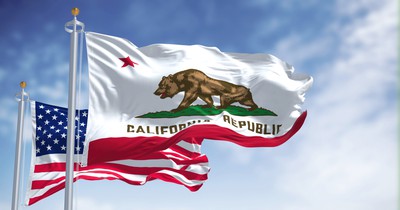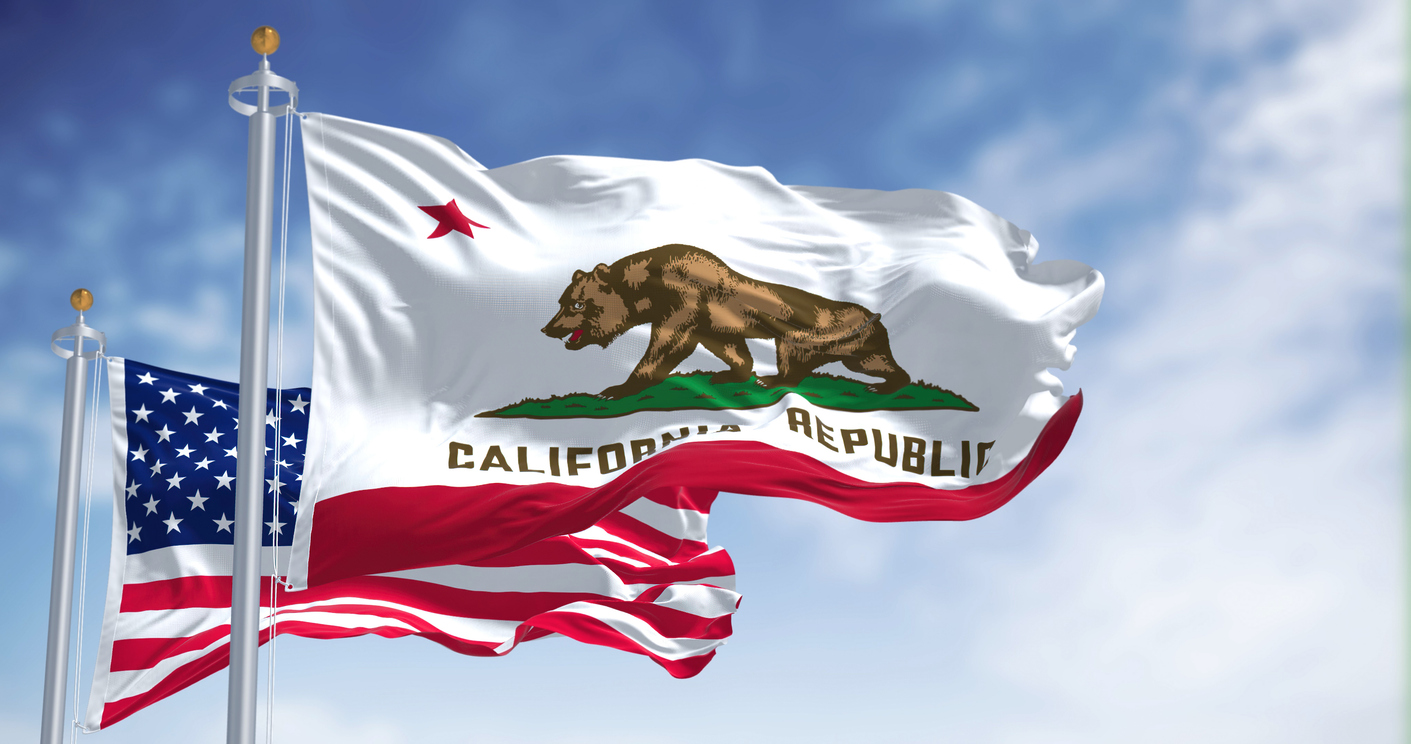
California Governor Gavin Newsom has until early next week to make a decision on a controversial bill that could impact the state’s registered cardrooms — and poker in California as a whole.
The bill in question, SB549, would give California tribes a single opportunity to sue the cardrooms on the issue of gaming exclusivity in state court by April 1, 2025.
Lawmakers voted overwhelmingly in favor of SB549, aka the Tribal Nations Access to Justice Act, and delivered it to the Democratic governor on September 11. At that point, Newsom faced a 12-day deadline to do one of the following — sign it into law, allow it to become law without his signature, or veto it.
With just a few days left to go, it’s unclear which way Newsom is leaning. Some analysts believe that since the bill drew strong bipartisan support in the California State Assembly he would sign it into law.
Others aren’t so sure. That’s because many jurisdictions in the state — including places like Commerce, Compton, and Hawaiian Gardens — depend heavily on tax revenue generated from the state’s registered cardrooms.
Tribes Can’t Sue Cardrooms, Yet
When playing poker in California at a registered cardroom, players are not charged rake as state law prohibits it. Instead, players pay the house a fee — usually by the hour or by the number of hands played. Since there is no rake, poker is not a banked game in California.
Many cardrooms also offer some of the most popular casino games, including baccarat and blackjack. These are considered banked games under California law, and therefore cannot be banked by the cardrooms. The facilities instead work with third-party proposition player service providers.
California’s tribes argue that they have the exclusive right to offer such games and that the cardrooms are breaking state law by offering them. They cite gaming compacts with the state, as well as the federal Indian Gaming Regulatory Act (IGRA).
Up until now, the tribes haven’t been able to make that argument in court. SB549 would change that — it would give the tribes standing and allow them to file a single consolidated lawsuit in Superior Court, in Sacramento County.
What Could Happen Moving Forward
All eyes are on Newsom today, but it’s possible that one day in the future, a court could rule in favor of the tribes and issue an injunction against the cardrooms offering games like baccarat and blackjack.
The tribes have been unable to file any lawsuits because they are considered sovereign nations. Under SB549, a lawsuit could force the court to decide the issue once and for all — with the understanding that an appeal to the Supreme Court of California is all but assured.
A final resolution to the issue is likely to take years and drag on through appeals.
Under a law passed in 1997, third-party prop players are required to register with the California Gambling Control Commission (CGCC). So, too, are cardroom owners, managers, and employees.
Cardrooms are also very popular — there were 82 registered active cardrooms at the beginning of the year, according to the CGCC. Tax revenue from the cardrooms support local governments and in many cases provide the bulk of their revenue. The cardrooms also employ more than 23,000 people, according to the California Gaming Association.
There is one possible silver lining to resolving the issue of gaming exclusivity between the tribes and California’s cardrooms: It could help the state move forward with igaming and possibly online poker in California. Recall that a massively expensive effort to legalize sports betting failed in 2022.

